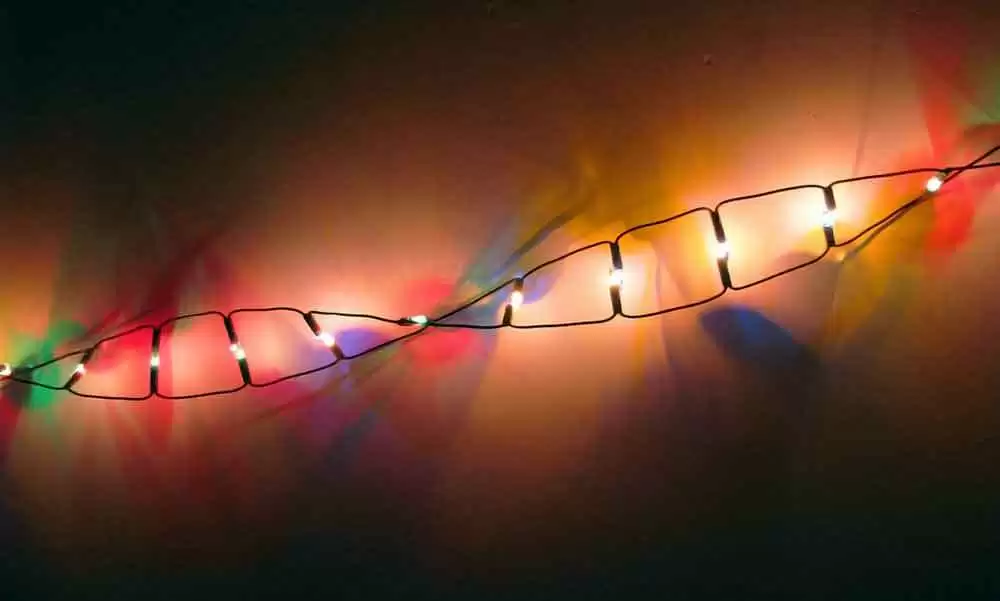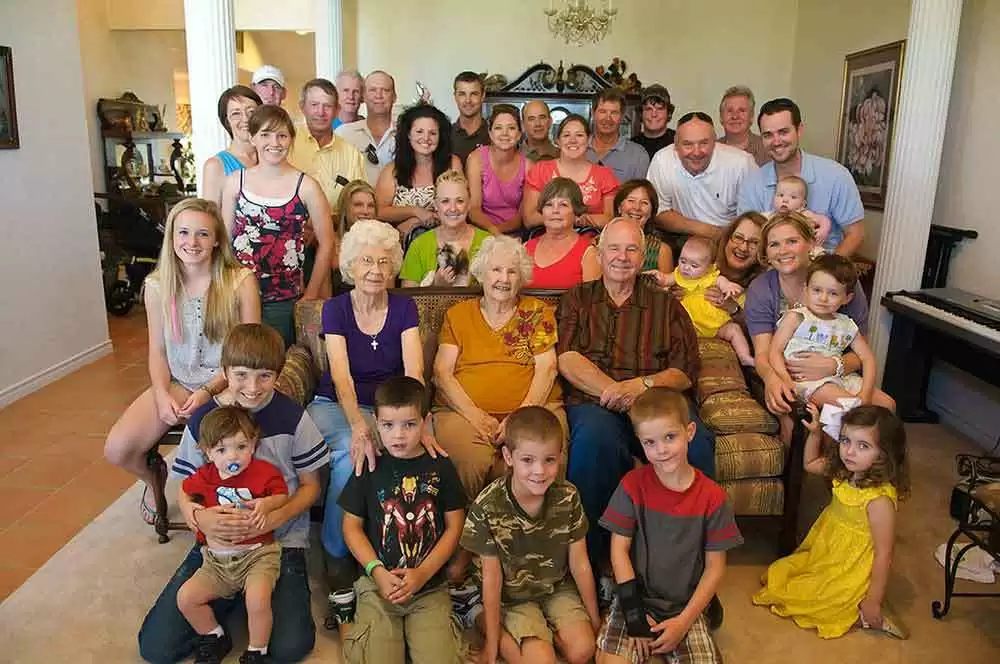A good testing laboratory will provide an accurate prediction of celiac disease risk, and will also provide information about the statistical risk to your children, your likelihood of developing more severe celiac disease, whether one or both of your parents had the risk gene, and for some laboratories, you may determine your risk of gluten sensitivity without celiac disease.
DQ2 & DQ8 Not the Whole Story
About 95% of celiacs carry HLA-DQ2; while about 25% carry HLA-DQ8. If any part of the high risk gene ...
- Read Full Article...
- 43 comments
- 329,346 views







